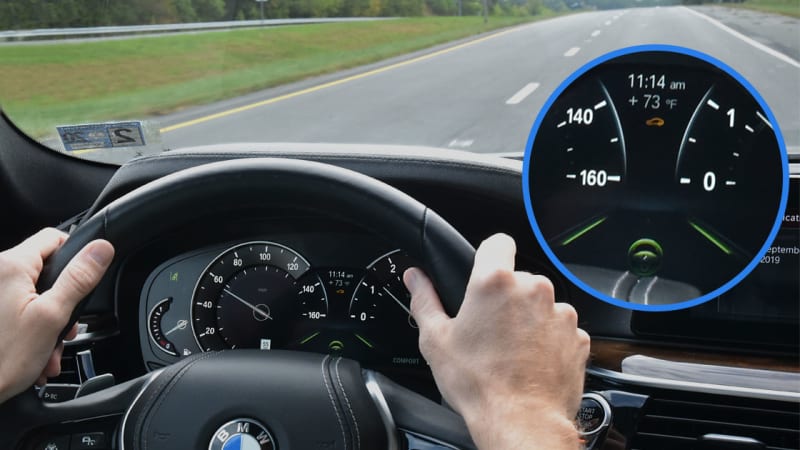Lane-centering systems found to be troublesome, unfavorable in IIHS study
https://ift.tt/2AKpGJI

Lane-centering systems are becoming more and more commonplace. The technology is not exclusive to luxury cars anymore, and that means it’s headed to more driveways across the country. However, the IIHS just completed a study that throws some cold water on lane-centering.
The study, consisting of 20 participants, found that folks don’t have much faith in lane-centering systems. To be clear, we’re talking lane-centering systems here, not lane-keeping assist. The former are billed as being able to provide sustained steering control, using frequent inputs to maintain the vehicle’s position in the center of the lane. Lane-keeping assist typically only nudges the car back into its lane when it gets close to the line.
Vehicles used in the study include a 2017 Mercedes-Benz E300, 2019 Infiniti QX50, 2018 Volvo S90, 2017 BMW 530i and 2016 Tesla Model S. All of them have their own, slightly different lane-centering systems, and drivers tested them on highways and rural roads. Unsurprisingly, participants found the lane-centering systems to work best on highways. Still, fewer than half agreed that the tech “consistently detected lane markings on the roadway.” Participants were also neutral when it came to deciding if the automation improved the overall driving experience. People liked when the car would make “smooth, gradual speed or steering adjustments,” as opposed to sudden violent movements. One participant was especially irritated with the systems.
“I didn’t like how this computer could just randomly decide to correct my driving when there was nothing wrong with where I had the car,” the driver said. “When they would correct my driving, I felt kind of insulted by the car.”
We can’t say we’ve felt the same behind the wheel of a car with lane-centering tech, but that reaction is interesting nonetheless. We also think it’s important to note the age of some of the cars used in the study. Systems seem to improve every year, so lane-centering tech from 2017 likely isn’t going to perform as well as that in 2019 or 2020 model-year cars. Vehicles that we’ve tested can all be placed on a spectrum — some systems are incredibly impressive, while others we’d rather just turn off.
Consumer confidence in using said systems is extremely important in reaping the rewards of lane-centering. If drivers don’t feel comfortable using it, they’ll switch it off. Education concerning where the systems operate best is vital also. Participants in the study found themselves in uncomfortable and potentially dangerous situations when using lane-centering assist on roads they weren’t designed for (off major highways). The cars struggled to place themselves in an optimal position around curves, and drivers sometimes felt like they were fighting the steering wheel when they’d try to steer the car back on course.
This study is hardly the end of the discussion, however. The IIHS only tested 20 people on a limited set of cars. A much more comprehensive study would be needed to come to any hard conclusions about the technology.
So yes, there are hiccups in the road, but hopefully manufacturers can continue to improve the technology and the messaging around it to the point that users understand it and are confident using it when they should be.
Auto Blog
via Autoblog https://ift.tt/1afPJWx
October 4, 2019 at 02:44PM
